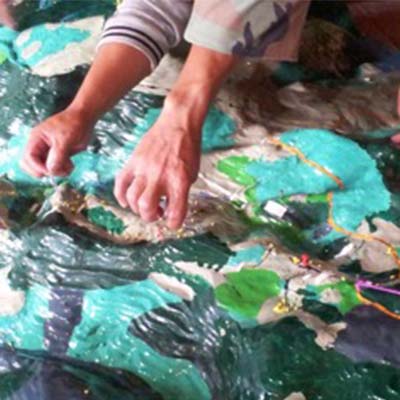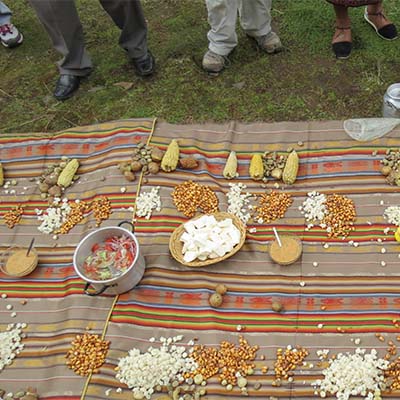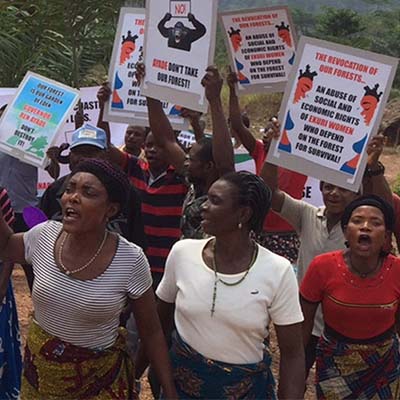Through self-strengthening processes (SSPs), custodian indigenous peoples and local communities (‘communities’ for short) define and control a course of action to become:
- more self-aware and knowledgeable about their ICCAs and their importance/significance
- more appreciative of their history, culture and governance institutions
- better able to govern and manage their ICCAs with integrity and vision
- wiser, more responsible, and more capable of providing positive responses to ICCA opportunities and threats, learning from experience, innovating and preventing, and solving problems
The same process is expected to advance territories that:
- are better conserved, e.g., protected, sustainably used and/or restored
- have higher ecological integrity and resilience
- provide better support for the custodian communities’ livelihoods, and material and non-material well-being
Finally, and importantly, SSPs are expected to enhance the connection between a custodian community and its territory.
A typical process involves:
- Enhancing ICCA awareness and planning a self-strengthening process (SSP)
- Describing and documenting the ICCA
- Assessing and analysing ICCA security and resilience
- Developing ICCA initiatives/ project proposals
- Self-monitoring for continued learning and strengthening
- Communicating about the ICCA
- Networking and advocating for appropriate ICCA recognition and support
Please find here a document offering comprehensive Guidance to ICCA Self-strengthening processes. The document is also available in Spanish and in French.



